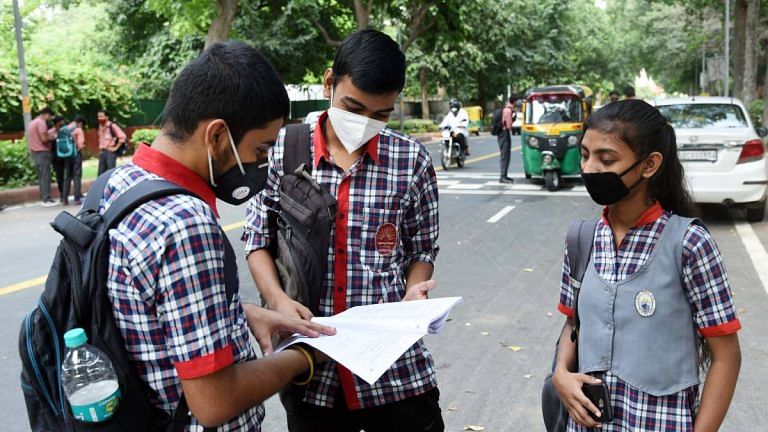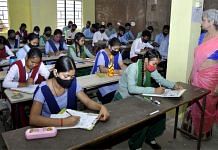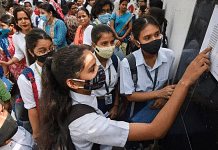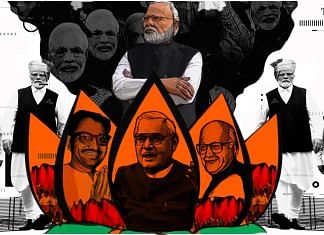Thank you dear subscribers, we are overwhelmed with your response.
Your Turn is a unique section from ThePrint featuring points of view from its subscribers. If you are a subscriber, have a point of view, please send it to us. If not, do subscribe here: https://theprint.in/
Recently, state governments have been debating with center government over whether to conduct the Class 12 board exams or not. The easiest option is not to conduct the exams, and pass the entire class as they did for other classes this year. However, choosing this option will create havoc because Class 12 results act as one of the major sources, and sometimes the only source, for a college to allow admission to new students, making this option unlikely to happen.
Since all schools conduct numerous tests across an academic year, the other logical option is to use the performance of these tests to assign a final percentage to students. However, these inter-year tests are conducted by individual schools as compared to the centralized board exams and, depending upon the school, are riddled with easy question papers, lax supervision, rampant cheating and unfair grading. The lack of standardization creates unfair advantages for some students while creating significant drawbacks for others. This is why board exams are conducted with deliberate measures to have the same question paper design, strict supervision during exams, and anonymous paper-checking in order to bulldoze the bumpy path and create a level-playing field for all students. This very design, in which a large number of teachers and students have to be mobilized, makes it a potential breeding ground for coronavirus, which is why many people don’t want these exams to be conducted this year.
Another problem with interpolating the inter-year test results is that, due to our education system’s over-dependence on board exams, it really doesn’t matter what students do or how they perform during the whole year. All that matters is the final board examination and nothing else. Students know this which is why every year, nobody, except some diligent students, prepare seriously for these inter-year tests. Hence, it would also be unfair to interpolate the results of these inter-year tests for those students who were counting on the final exams to improve their performances. Some might say that these students should have taken every test seriously and it is their own fault that they didn’t prepare for inter-year tests and should now face the consequences. But isn’t the bad design of our education system also at fault here? It is this design which ignores a student’s all-year progress and concentrates only on one’s final year examination performance. Our education system never creates any incentive for the students to take their inter-year test seriously and, in turn, encourages rote learning.
After listening to these reasons, most people can understand why, most of the governments are likely to push for conducting the board exams even if at the risk of spreading coronavirus because there is no good alternative available. While governments can’t do much this time, I hope they can learn lessons from this situation and try to make our education system less dependent on final board exams and create a system focused on grading the year-round performance of a student. While an overhaul of our education system might be difficult to design and implement, a holistic education system will help us to move away from rote learning and develop practical skills at school level.
Also read: SubscriberWrites: From SDGs to menstrual hygiene — water conservation remains the key
These pieces are being published as they have been received – they have not been edited/fact-checked by ThePrint.











COMMENTS